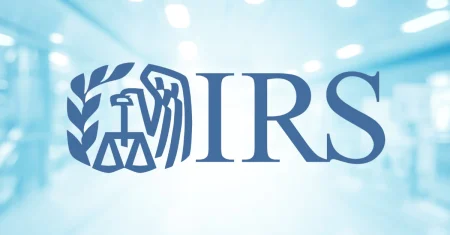UNITED TAX LIENS
TAX LIEN FREQUENTLY ASKED QUESTIONS
Tax Lien FAQs: Welcome to the United Tax Liens FAQ Hub, your trusted resource for understanding tax lien and tax deed investing. Whether you’re a beginner or seasoned investor, this guide answers the most common tax lien FAQs based on real training and webinars.
Common Questions About Tax Lien Investing
A tax lien is a legal claim placed by a government against a property when the owner fails to pay property taxes. It gives the investor the right to collect the unpaid taxes plus interest.
A tax deed is issued when the property is sold due to unpaid taxes. The winning bidder at the auction receives ownership (the deed) to the property itself.
A tax lien gives you a right to collect the debt (and earn interest), while a tax deed gives you ownership of the property.
Counties sell liens and deeds to recover unpaid property taxes quickly, allowing them to fund schools, roads, and public services.
They can be low-risk if researched properly. The property secures your investment, but due diligence is crucial before bidding.
Tax Lien FAQs
When you purchase a lien, you pay the delinquent taxes on behalf of the owner. The owner must repay you with interest to clear the lien.
Interest rates vary by state — typically from 8% to 36% annually, depending on local law and bidding competition.
If the owner doesn’t redeem within the redemption period, you can foreclose and take ownership of the property.
The redemption period is the time the owner has to repay you. It ranges from 6 months to 3 years, depending on the state.
Yes. Many counties host online tax lien auctions, allowing investors to participate remotely.
No. Some liens start as low as $100–$500, depending on the delinquent tax amount.
Yes. Unpaid property taxes and liens can appear on a credit report and make refinancing or selling more difficult.
Yes, if the property has no value, environmental issues, or legal complications. Proper due diligence prevents this.
You receive your initial investment plus interest as defined by state law — a win-win outcome.
Yes, but laws differ by state. Always research the state’s specific lien procedures before investing.
Tax Deed FAQs
A tax deed sale occurs when a property owner fails to pay taxes and the property itself is sold at public auction.
Investors bid on properties, often starting at the amount owed in back taxes. The highest bidder receives a tax deed.
Usually not immediately. You may need to complete a quiet title action or title insurance to clear ownership.
You can drive by but not enter the property. It’s important to visually inspect it from the outside.
You pay the bid amount and then receive the deed, giving you legal ownership of the property.
Yes — possible title cleanup, legal fees, unpaid utilities, or property repairs.
After receiving clear title, yes. Many investors fix and flip, rent, or hold properties for appreciation.
The property may revert to the county or be available as an “Over-the-Counter” sale later.
Investment and Strategy FAQs
Top lien states include Florida, Arizona, Illinois, and Maryland, known for strong redemption rates and double-digit returns.
Examples include Texas, California, Georgia, and Florida (hybrid). Always confirm your target state’s classification.
Yes. Many investors use self-directed IRAs to purchase tax liens and deeds for tax-advantaged growth.
Check county records, assessed value, liens, zoning, and Google Maps. United Tax Liens’ platform simplifies this.
Usually the amount of delinquent taxes, interest, and fees, but it varies by county.
Yes. You must register with the county or online platform and may need to submit a deposit before bidding.
Skipping due diligence, overbidding, ignoring redemption timelines, or failing to verify property condition.



